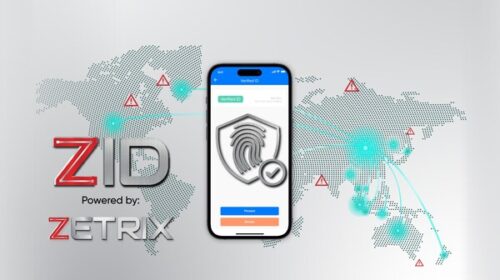Venezuela election 2024: Will Nicolás Maduro be re-elected for next six years? 10 updates
- The future of Venezuela hangs in the balance as voting is underway on whether to reelect President Nicolás Maduro, whose 11-year tenure has been marked by ongoing crises.

Venezuelans are casting their votes in a consequential presidential election this Sunday, with the results potentially bringing significant political change or continuing policies blamed for the country’s severe economic downturn. Here are the top ten latest updates:
1. Whether incumbent President Nicolás Maduro or his primary challenger, retired diplomat Edmundo González, emerges victorious, the outcome will resonate across the Americas. Supporters and critics alike are considering leaving the country, joining millions who have already migrated abroad, if Maduro secures another term, AP reported.
2. Polling stations opened at 6 a.m. local time, and it is estimated that there are around 17 million eligible voters.
3. Authorities scheduled Sunday’s election to coincide with what would have been the 70th birthday of former President Hugo Chávez, a leftist leader who passed away in 2013 after battling cancer. Chávez’s death left his Bolivarian revolution in the hands of Nicolás Maduro, the current president.
4. However, Maduro and his United Socialist Party of Venezuela are facing unprecedented unpopularity among voters. Many blame his policies for devastating consequences such as plummeting wages, widespread hunger, the collapse of the oil industry, and the separation of families due to mass emigration.
5. Maduro, aged 61, is confronting a unified opposition for the first time in years. The opposition has rallied behind a single candidate after enduring internal divisions and election boycotts that previously thwarted their attempts to challenge the ruling party’s grip on power.
6. As reported by AP, González is now the candidate representing a coalition of opposition parties, having been chosen in April as a late replacement for Maria Corina Machado. Machado, a prominent figure in the opposition, was barred by the Maduro-controlled Supreme Tribunal of Justice from running for any political office for a period of 15 years.
7. Maria Corina Machado, a former lawmaker, decisively won the opposition’s October primary with more than 90% of the vote. However, she was prevented from participating in the presidential race after being blocked by the Maduro-controlled Supreme Tribunal of Justice. In response, she attempted to substitute herself on the ballot with a college professor, but the National Electoral Council also denied her registration. This led to the selection of Edmundo González, a political newcomer, as her replacement candidate.
8. Venezuela sits atop the world’s largest proven oil reserves, and once boasted Latin America’s most advanced economy. But it entered into a free fall after Maduro took the helm. Plummeting oil prices, widespread shortages and hyperinflation that soared past 130,000% led first to social unrest and then mass emigration. Sanctions from US President Donald Trump‘s administration seeking to force Maduro from power after his 2018 reelection — which the U.S. and dozens of other countries condemned as illegitimate
only deepened the crisis.
9. In recent days, Maduro has been actively touring Venezuela, inaugurating hospital wards, highways, and visiting rural areas that he had not previously visited in years. His campaign message to voters emphasizes economic security, highlighting stories of entrepreneurship and pointing to achievements such as stable currency exchange rates and reduced inflation. The capital city, Caracas, has witnessed a resurgence in commercial activity following the pandemic, which has contributed to an economic recovery. The International Monetary Fund (IMF) projects that Venezuela’s economy will grow by 4% this year, marking one of the fastest growth rates in Latin America. This comes after the country experienced a significant economic contraction of 71% from 2012 to 2020.10. However, for most Venezuelans, there has been little improvement in their quality of life. Many earn less than $200 a month, which is insufficient to cover basic necessities. As a result, families often struggle to afford essential items, leading some individuals to take on second and even third jobs to make ends meet. The cost of a basket of basic staples, enough to sustain a family of four for a month, is estimated at around $385. During the crisis, Venezuelans have increasingly relied on the US dollar, abandoning their national currency, the bolivar, due to its instability. The opposition has sought to capitalize on these significant disparities and economic challenges facing the population.



